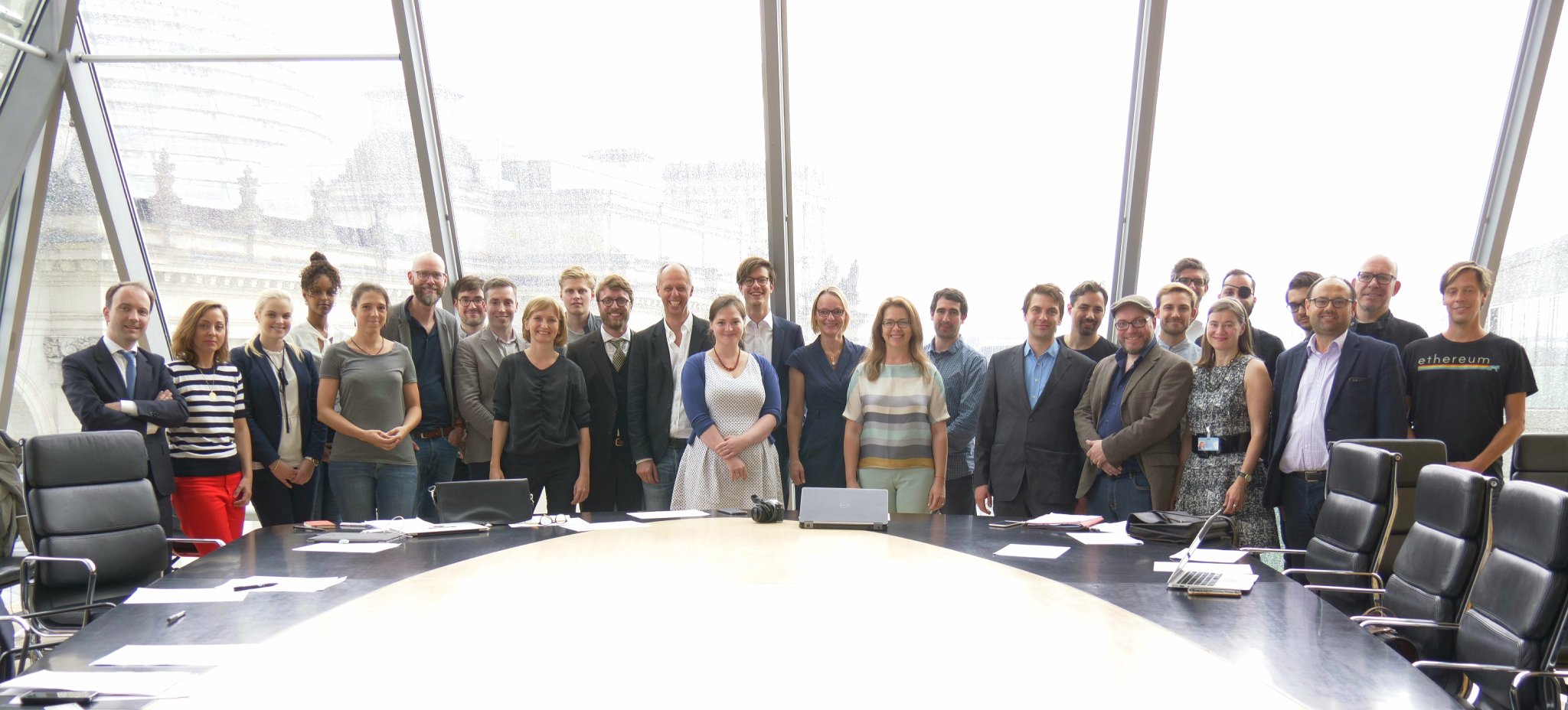Officially named the ‘Blockchain Bundesverband’, the new German advisory panel, which is focusing on public advocacy of blockchain technology in Germany, was launched at the German Reichstag with the help of local politicians, blockchain advocates, and startup leaders.
Encryption in Germany
On June 20, 2017, the German government voted into law a new bill which would effectively allow police and other government agencies to install a ‘state trojan’ onto suspects’ electronic devices. The ‘state trojan’ would give governmental bodies the ability to monitor encrypted traffic, like popular messaging apps Whatsapp and Single, that use encryption for secure communication between users.
Germany Ready to Undermine Encryption in Terror Fight via "source telecom surveillance" https://t.co/YYKou1MmZN via @AuAnon
— Gregg Housh (@GreggHoush) June 16, 2017
Many security experts raised concerns that this bill could potentially hinder technological innovation and be damaging for startups and corporations that use p2p encryption for their services. Bitcoin and blockchain experts expressed regarding the privacy of cryptocurrency users and traders as well, fearing that the bill could be used to spy on cryptocurrency traders and startups that use blockchain technology for their services.
Blockchain Advisory Panel
#Blockchain Technologie jetzt mit eigenem Bundesverband @bundesblock https://t.co/RDq3Rpcg6a #blockchain #innovation pic.twitter.com/JVh1IVCSi5
— Christian Meiske (@CMeiske) June 30, 2017
The ‘Blockchain Bundesverband’ was initiated by blockchain enthusiasts, startup founders and local politicians from the CDU, SPD, Die Linke, Die Grünen and FDP party. The most prominent startups that joined this blockchain organization are Slock.it, IOTA and Jolokom which are also based in Germany.
According to the official blog post of the ‘Blockchain Bundesverband’, the organization’s main goal is to help German startups and government institutions to integrate blockchain technology into their services and systems. Another significant milestone for the organization is the official acknowledgment of blockchain verified documents, timestamps, and IDs by the German government.
Additional goals that the blockchain advisory panel plans to address include the following:
- Usage of blockchain technology in a public office system by 2020.
- Implementation of proper government regulation for blockchain and bitcoin.
- Creation of a blockchain commission that will support the German government regarding the technological transition of government functions.
Do you think that the formation of this new blockchain advisory panel will enable Germany to properly promote blockchain innovation? Let us know in the comments below!
Images courtesy of Pixabay, Bundesblock









